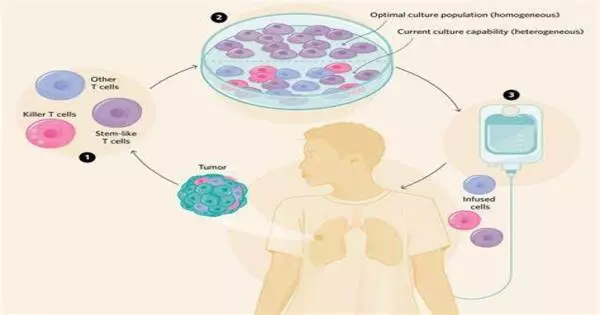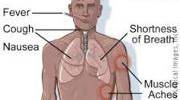Adaptive immunity, also known as acquired or specific immunity, is one of the immune system’s two major branches, along with innate immunity. It acts in a host after their immunological components have been removed, their immunological activity has been modified extracorporeally, and the host has been reinfused. Adaptive immunity, as opposed to innate immunity, which provides immediate, non-specific defense mechanisms against infections, is a more specialized and sophisticated system that develops over time.
In its earlier stages, this process is similar to adoption: a child is adopted out of their home, grows up, and then returns to their birth home. Immune cells such as T lymphocytes or tumor-infiltrating lymphocytes, NK cells, macrophages, and B cells are examples of transferred immunological components.
Here are key features of adaptive immunity:
- Specificity: Adaptive immunity is highly targeted to specific pathogens. It recognizes and targets specific antigens on the surface of pathogens such as bacteria, viruses, and fungi. The immune system can recognize different antigens and respond differently to each.
- Memory: One of adaptive immunity’s distinguishing characteristics is its ability to “remember” previous encounters with specific pathogens. Memory cells are specialized cells that mediate memory. When a pathogen is exposed for the first time, the immune system produces memory cells that “remember” the pathogen. If the same pathogen enters the body again, the immune response is stronger and faster.
- Cellular and Humoral Components: Adaptive immunity involves both cellular and humoral components. Cellular immunity is mediated by T lymphocytes (T cells), which directly attack infected cells. Humoral immunity involves B lymphocytes (B cells) that produce antibodies, which are proteins that can neutralize pathogens or mark them for destruction by other immune cells.
- Antigen Presentation: Antigens must be presented to the immune system for a response to be mounted. Antigen-presenting cells, such as dendritic cells, play a crucial role in capturing, processing, and presenting antigens to T cells.
- Major Histocompatibility Complex (MHC): MHC molecules are essential for the recognition of antigens by T cells. There are two main classes of MHC molecules: MHC class I presents antigens to CD8+ T cells (cytotoxic T cells), while MHC class II presents antigens to CD4+ T cells (helper T cells).
Adaptive immunity is a critical component of the immune system, providing long-term protection against a wide range of pathogens. Vaccination is based on the principles of adaptive immunity, as it stimulates the immune system to generate memory cells without causing the disease itself.
















